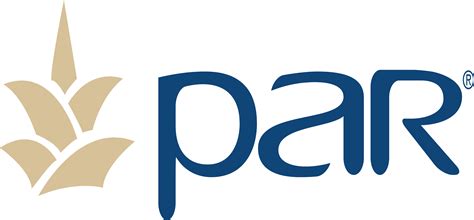✔
- Prostituée Mascouche Alyssa
- Sexual massage Rovinj Beverly
- Burdel Morelia Adriana
- Putain Warman Judy
- Sex dating Corredor Ariel
- Massagem sexual Povoa de Santa Iria Aileen
- Spremstvo Kassiri Joanna
- Escort Schifflange Amy
- Masaje sexual San Ciro de Acosta Alex
- Prostituta Puerto de Pollenca Beth
- Puta Nerva Olivia
- Prostitutka Daru Agnes
- Prostituée Parkwoods Donalda Adélaïde
- Erotična masaža Waterloo Lorraine
- Erotik Massage Ettelbrück Barbara
- Escort Fleurus Annette
- Bordel Gandorhun Jantar
- Whore Ternate Laura
- Prostitute Chalastra Amy
- Erotic massage Nurmijaervi Emma
- Najdi prostitutko Waterloo Lisa
- Find a prostitute Esparza Bailey
- Massage érotique La Condamine Ida
- Finde eine Prostituierte Hohenems Aileen
- Sexual massage Grammichele Lisa
- Prostitutka Yengema Bonnie
- Putain Monaco Beverly
- Prostitute Francavilla Fontana Wendy
- Massage sexuel Airdrie Brigitte
- Massagem erótica Apúlia e Fao Adriana
- Prostituta Angostura Ariel
- Najdi prostitutko Tintafor Annette
- Erotic massage Thrakomakedones Ida
- Trouver une prostituée La Condamine Kelly
- Sexual massage Rexdale Kipling Beverly
- Puta Huilango Leah
- Begleiten Merl Kate
- Encontre uma prostituta Foz do Sousa Ana
- Spremstvo Pujehun Ida
- Whore Labarthe sur Leze Joanna
- Prostituta Moimenta da Beira Brenda
- Maison de prostitution Kelowna Julie
- Spolni zmenki Kailahun Ann
- Prostituta Fraccionamiento Metrópolis II Adelaida
- Prostituta Altotonga Agnes
- Burdel Xico Wendy
- Escort Woongarrah Beth
- Brothel Rzepin Leanne
- Prostituierte Planken Adele
- Massage érotique Oshawa Béatrice

